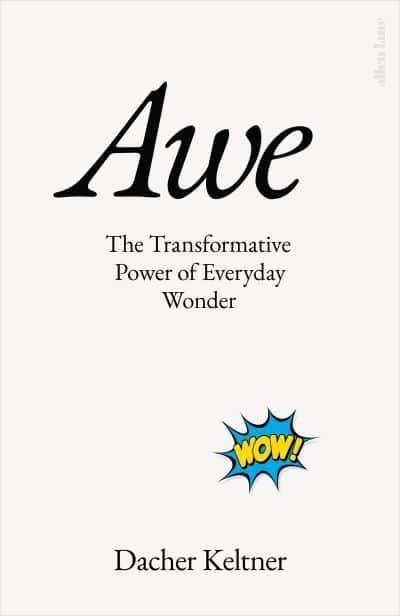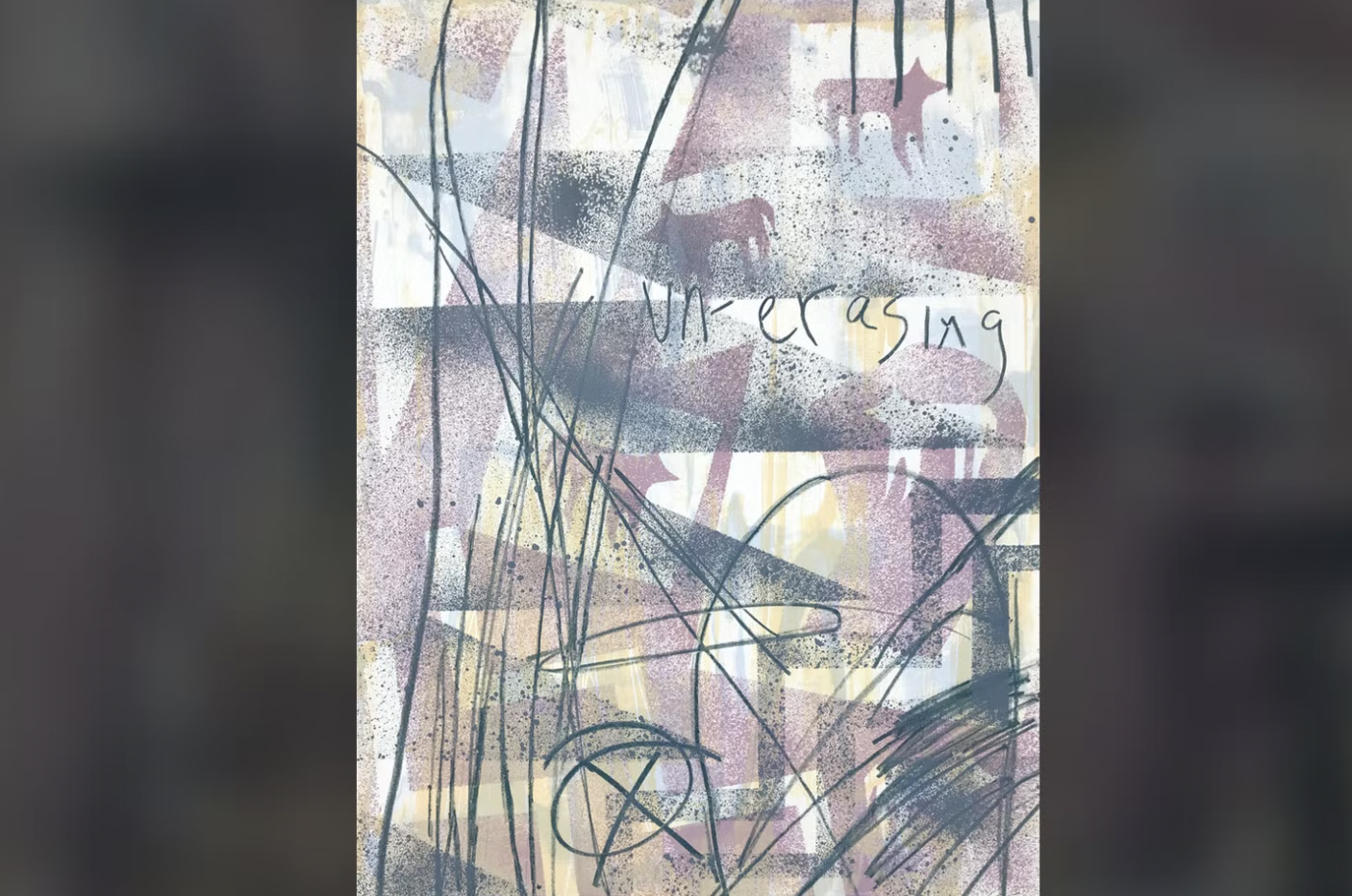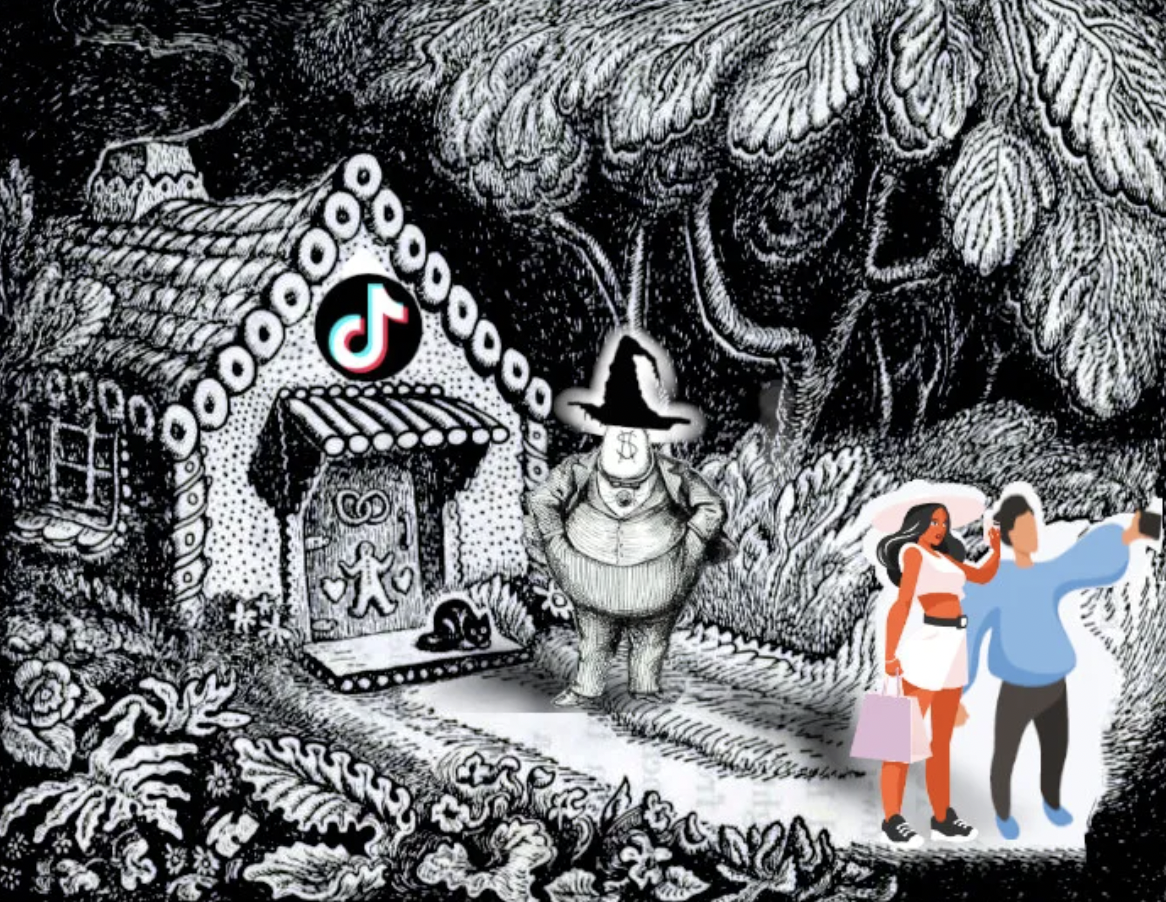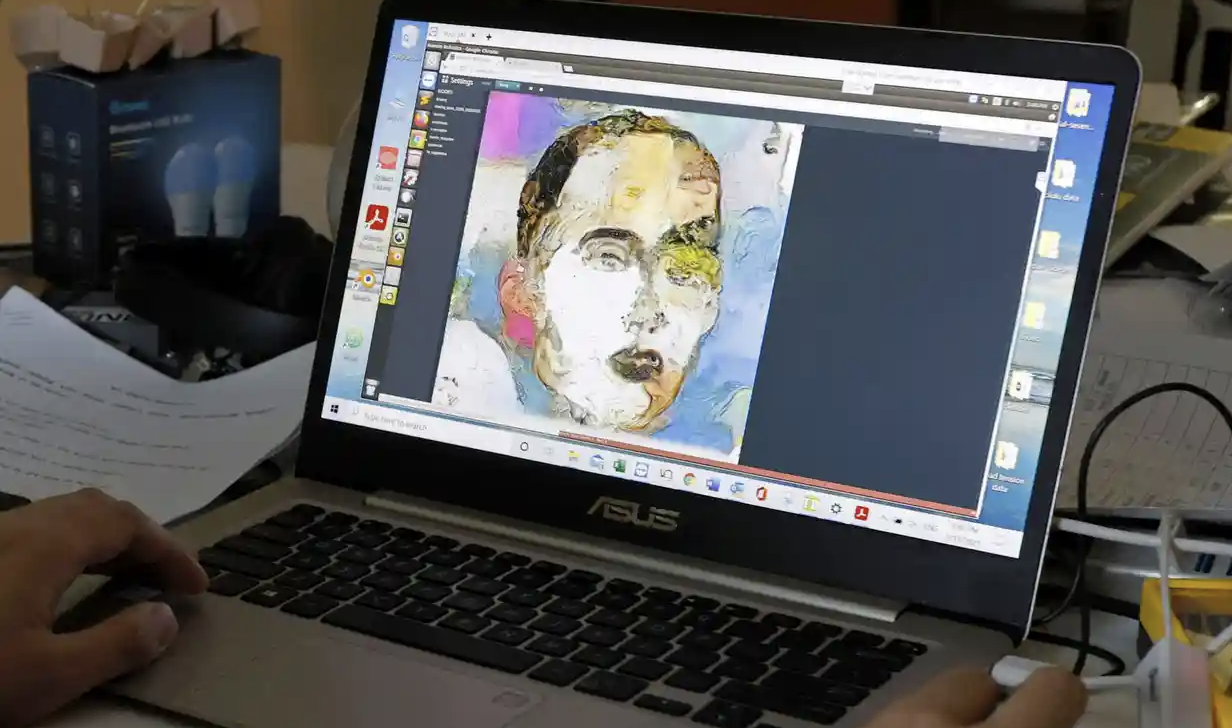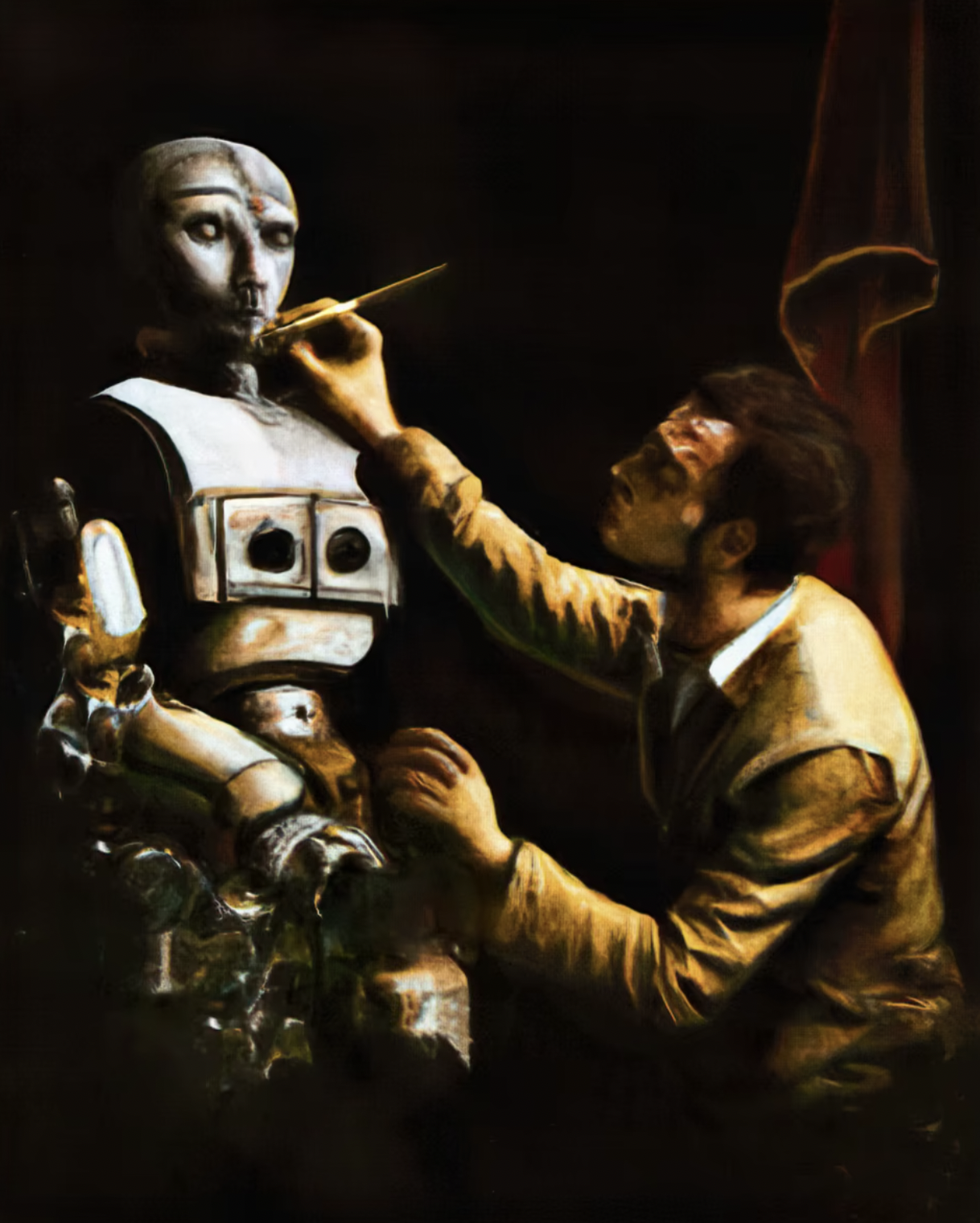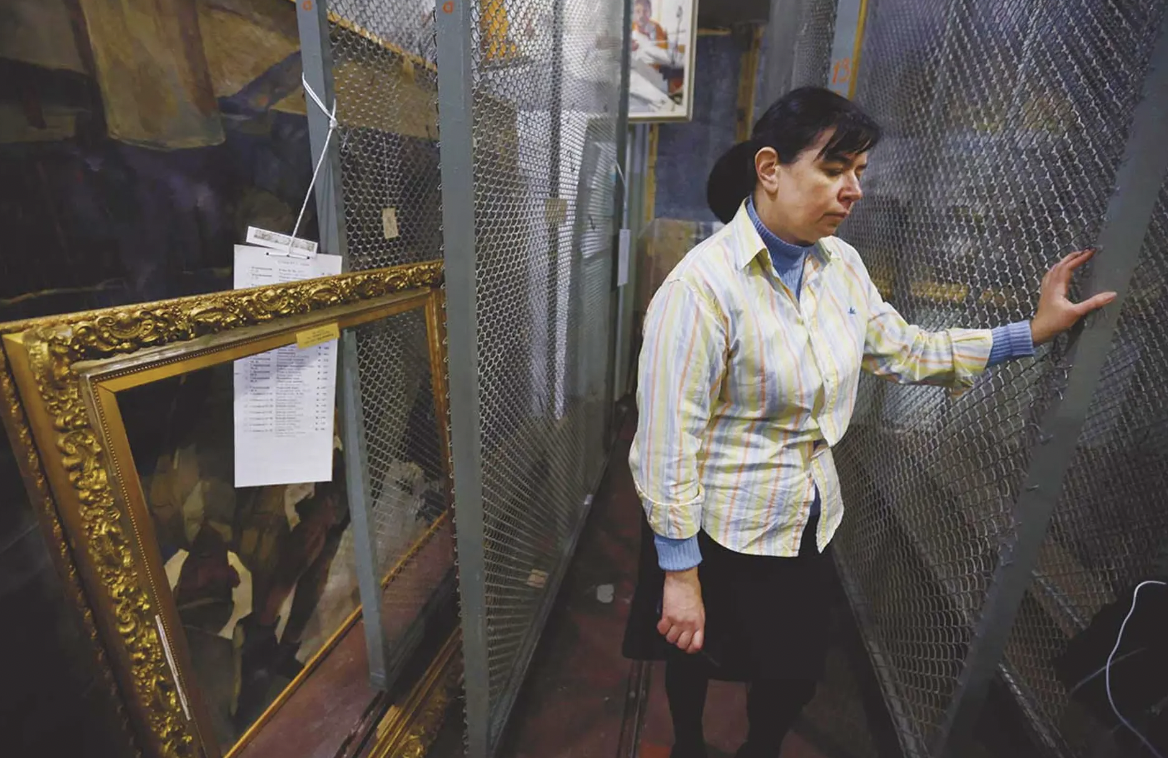After an intensive week of grading the first wave of assignments for the semester, I took some time to reflect on how much my pedagogical approach has moved in recent years, and especially since the beginning of the pandemic. In the early stressful months of 2020, when everything suddenly moved out of the experiential classroom and into the disembodied online world, I decided I would value curiosity, effort, and engagement over other traditional values of mastery, memorization, or recall when assessing student success. Using reflective journaling, for example, and asking students to apply concepts encountered actively and pragmatically in their everyday lives helps prove that abstract ideas about art and visuality could be made practical and relevant. Along with encouraging students to use their first-person voice (“I see…” “I think…” “I believe…”), recording or videotaping their responses, and/or producing visual arrangements or engaging their own creative talents to support their assignments, I wanted to find ways for students to focus on close analysis and observation that engages more of their intuitive and free-thinking right brain.
Awe: The New Science of Everyday Wonder and How It Can Transform Your Life by Dacher Keltner (2023)
More and more, I am also finding myself compelled to pursue this approach to teaching as the crisis around mental health and increased anxiety unfolds in the wake of the pandemic. Providing students an opportunity to check in with how they feel and relate to ideas encourages ownership and can even spark that moment of discovery that all of us as educators live for.
In his new book, Awe: The New Science of Everyday Wonder, researcher and psychology professor Dacher Keltner explores both the physical and emotional manifestation of experiencing awe as one of the keys to a happy and fulfilling life. I cannot recommend this book highly enough, and especially to those who teach in the arts. Not only are Keltner’s observations and findings incredibly reassuring to those of us who make time for well-being, pleasure, play, hobbies, and a life lived in balance with work, but they also hold the key to a pedagogical approach that can combat fears around the incursion of artificial intelligence apps in higher education.
I have linked an excellent recent episode from the Ten Percent Happier podcast featuring Keltner discussing his new book in my weekly links below, and I also recommend this Feelings Lab podcast from last summer that speaks to the question of AI and Gen Z students more directly.
Click on text links below or explore the same links visually in the accompanying image grid. For more weekly picks, you can also visit my curated FEEDLY 📌


